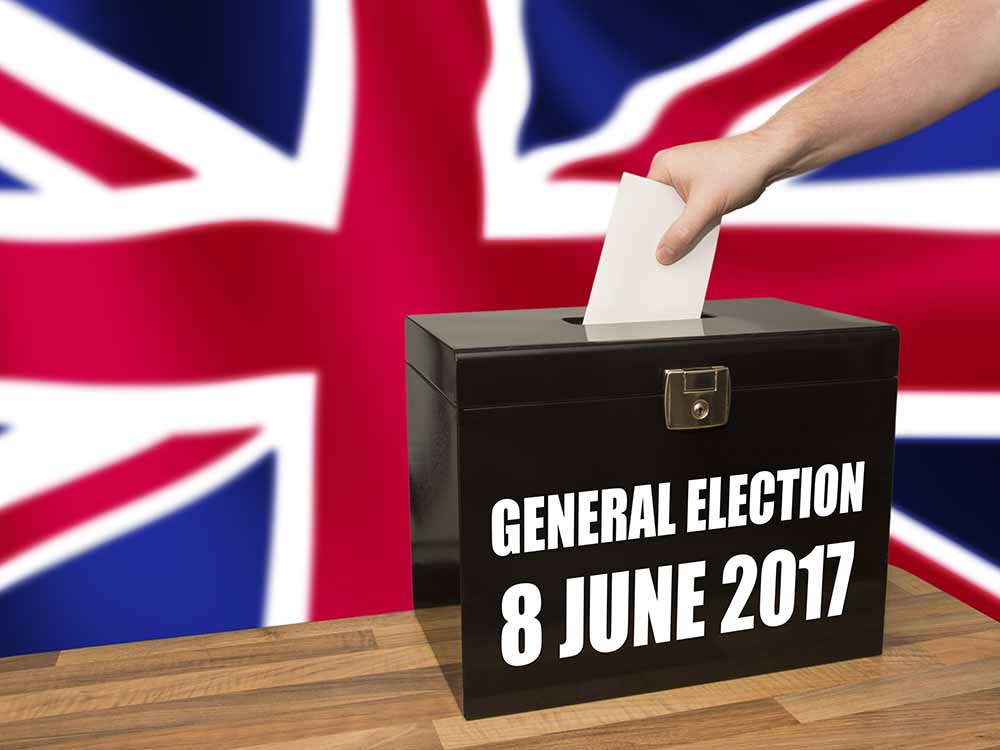UK Election 2017 – A Snap Decision and Political Turmoil
The United Kingdom’s general election of 2017 was a momentous event that unfolded against the backdrop of a divided nation, the looming shadow of Brexit, and a surprising political resurgence. This snap election, called by then-Prime Minister Theresa May, played a critical role in shaping the future of the UK’s domestic policies and its approach to negotiations with the European Union.
The Snap Election and Theresa May’s Gamble
The UK election of 2017 was not originally scheduled. Prime Minister Theresa May, seeking to strengthen her mandate ahead of Brexit negotiations, called a snap election on April 18, 2017. At the time, the Conservative Party held a working majority, but May aimed to secure a more substantial mandate to navigate the complexities of Brexit.
The main contenders in the election were the Conservative Party, led by Theresa May; the Labour Party, led by Jeremy Corbyn; the Liberal Democrats, led by Tim Farron; and the Scottish National Party (SNP), led by Nicola Sturgeon. May campaigned on the promise of strong and stable leadership, while Corbyn presented a vision of a more equitable and socially just UK.
A Shocking Outcome – Hung Parliament
The election results, declared on June 9, 2017, sent shockwaves through the UK and the world. Contrary to expectations, the Conservative Party lost its majority in the House of Commons, resulting in a hung parliament. The Conservatives secured 317 seats, falling short of the 326 needed for an outright majority. The Labour Party, under Jeremy Corbyn, made significant gains, securing 262 seats.
The outcome of a hung parliament led to a period of uncertainty, as the Conservative Party entered into negotiations with the Democratic Unionist Party (DUP) of Northern Ireland to form a minority government. This alliance allowed May to remain in power, but it weakened her position domestically and in the Brexit negotiations.
Brexit, Negotiations, and the Role of the DUP
Brexit remained the central issue in UK politics, and the 2017 election had significant implications for the UK’s approach to leaving the European Union. Theresa May had called the snap election to strengthen her hand in negotiations, but the hung parliament altered the dynamics.
The DUP, with its ten seats, played a crucial role in supporting the Conservative government. In exchange for their support, May promised increased funding for Northern Ireland. This arrangement had implications for the delicate balance of power in the UK, particularly in relation to the Good Friday Agreement.
Brexit negotiations began in earnest, and the UK’s position became a subject of intense debate within and outside of Parliament. The election outcome, with its implications for domestic politics, influenced the UK’s stance in negotiations with the EU.
Implications and Ongoing Political Turmoil
The 2017 UK election had far-reaching implications for the country’s political landscape. It demonstrated the resilience of the two-party system, with the Conservative and Labour parties dominating the electoral map. The election also solidified Jeremy Corbyn’s leadership of the Labour Party, despite initial skepticism within his own party.
Furthermore, the election underscored the challenges posed by Brexit. The hung parliament and the Conservative-DUP alliance raised questions about the UK’s ability to negotiate a unified stance on Brexit. The election outcome also fueled debates about the future of the UK, particularly in relation to Scotland’s pursuit of a second independence referendum.
In retrospect, the UK election of 2017 will be remembered as a pivotal moment in the country’s political history. It highlighted the complexities of Brexit, the enduring influence of traditional parties, and the potential for surprise outcomes in modern democracies. The consequences of this snap election continued to reverberate in the years that followed, shaping the UK’s path in domestic and international affairs.











